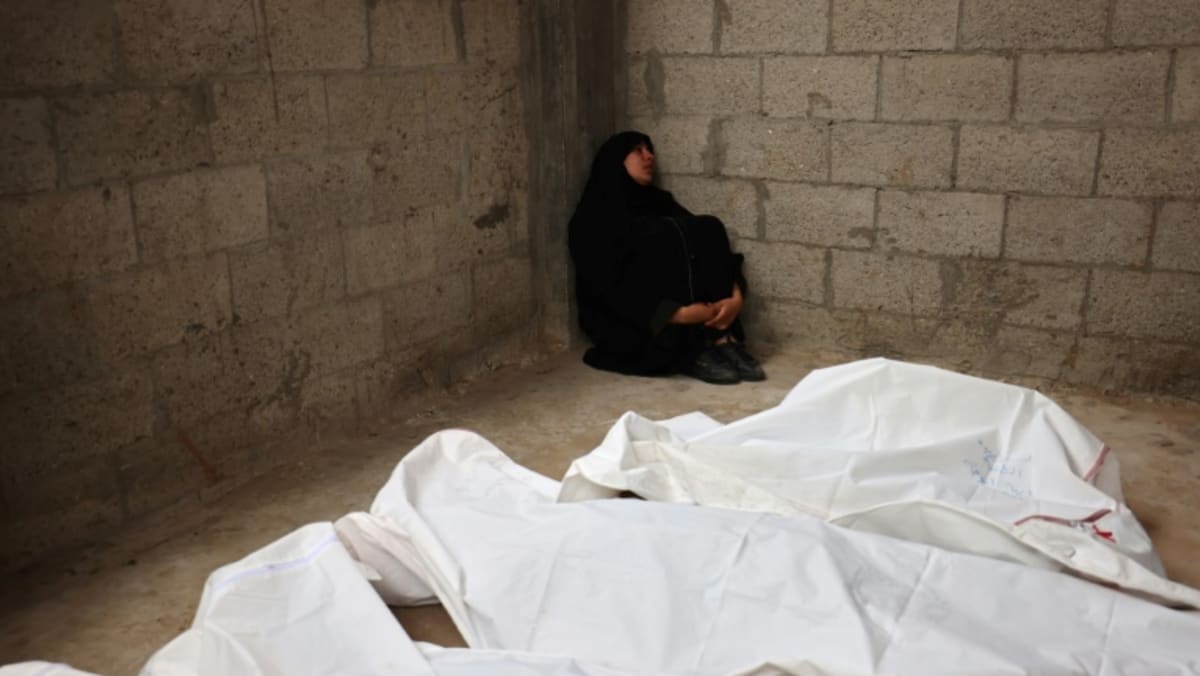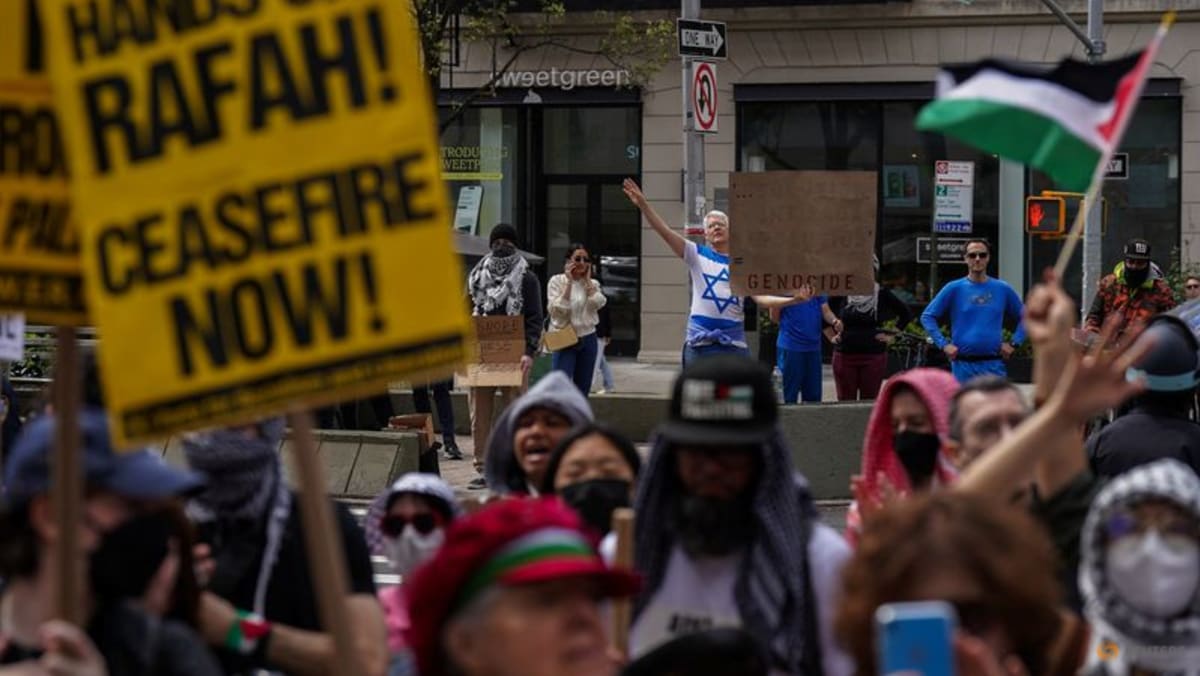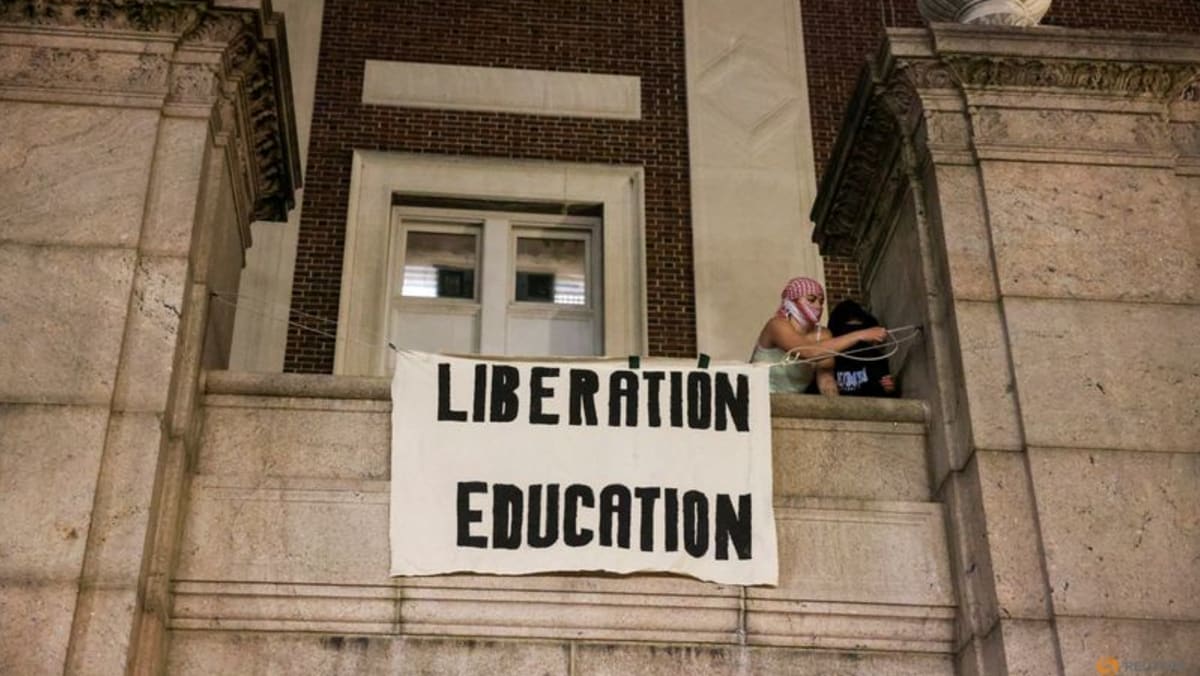NETANYAHU IN ‘VERY PRECARIOUS POSITION’
Analysts told CNA what could influence Israel’s eventual response to the attack and what their options are.
Dr H A Hellyer, senior associate fellow at UK defence and security think tank Royal United Services Institute for Defence, cited two main factors: Netanyahu’s “very precarious position” in Israeli politics, as well as the US’s current refusal to join any offensive action against Iran.
Dr Hellyer noted that the Israeli prime minister is “absurdly unpopular”, and facing tremendous opposition within his country due to the bombardment of Gaza and the continuation of the conflict.
“I think that’s going to play a great role in terms of what sort of action he takes next, with regards to Iran. How is it going to play domestically in terms of his support? How can he parlay that into extending his rule even longer?” Dr Hellyer told CNA’s Asia Tonight on Wednesday evening.
The expert also gave his opinion that the US will eventually jump in after a first round of tit for tat.
“It’s just a question of when, and it’d be those sort of calculations that will be considered by Netanyahu,” he added.
Dr Ran Porat, lecturer and analyst at Middle Eastern Affairs Monash University, said Israel could respond with a cyberattack or what is known as a kinetic attack, targeting security facilities in Iran or Iranian proxies.
Dr Porat pointed out the complexity of the situation in the Middle East, with Israel’s allies expecting Israel to retaliate. If it does not, Iran will view it as a green light to continue attacking Israel and its regional allies.
“Even the Americans understand (the need for retaliation), but at the same time, we want to keep it under the threshold of exploding into a major war,” Dr Porat said.













